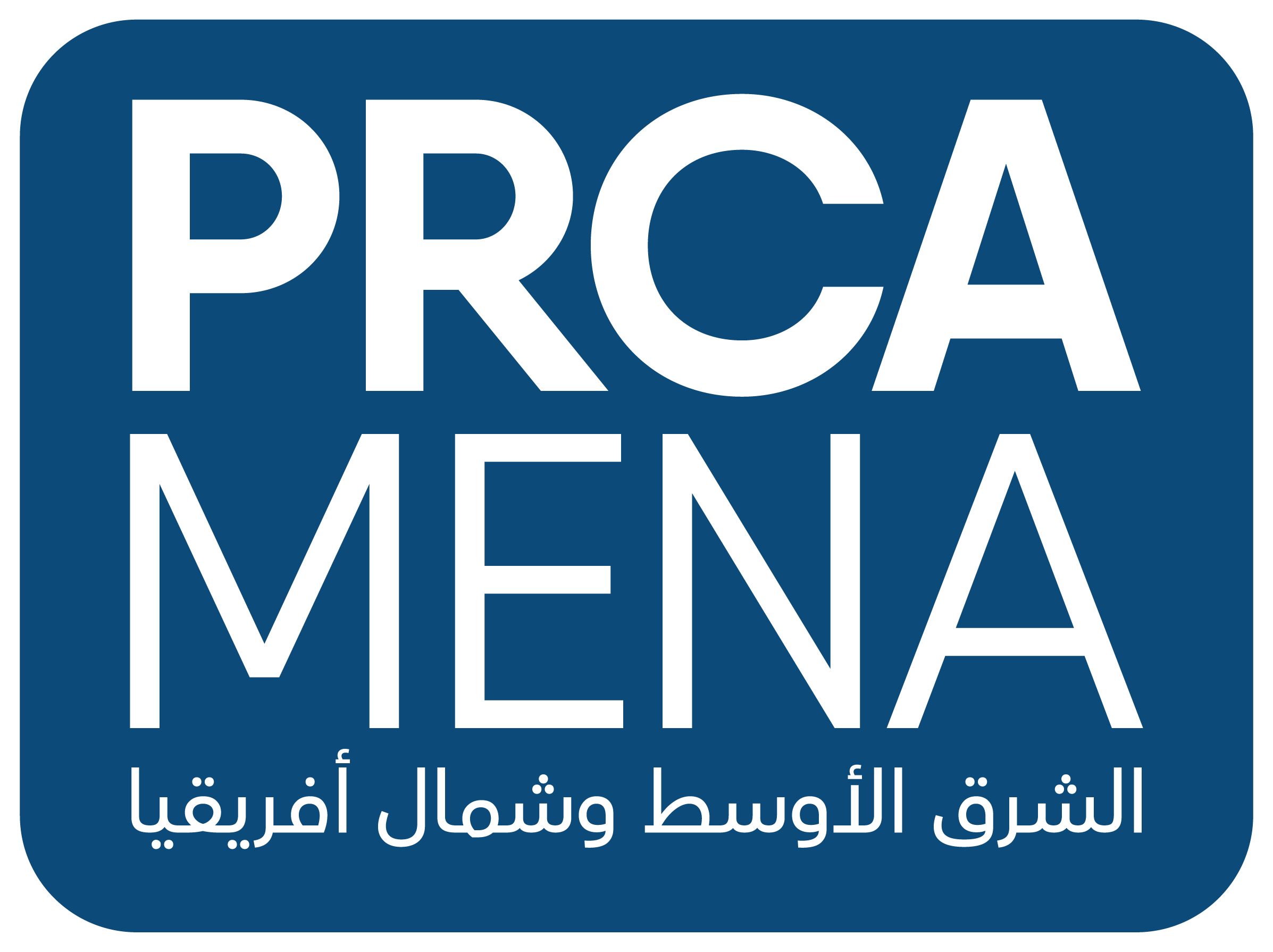What is PR?
Public Relations, or ‘PR’, is all about the way organisations communicate with the public, promote themselves, and build a positive reputation and public image.
The way an organisation is represented in the media has a huge impact on how people perceive it. PR professionals try to influence the media to represent their organisation positively and communicate key messages.
Working in PR
The industry offers a wealth of opportunities. A PR job could see you organising events, participating in conversations on Twitter, writing press releases, selling-in stories in newspapers and magazines, and promoting some of the world’s most exciting brands.
Is it for me?
If you are a strong writer and communicator, interested and engaged in all forms of media, have a creative mind, and consider yourself a ‘people person’, then PR could offer a great career option for you.
Tips for making a successful PR application:
Relevance: Research whichever company you’re applying to. Follow them on Twitter, LinkedIn etc, and find out how big they are, how long they’ve been around, who they work with, and what kind of work they specialise in. People can smell a blanket application a mile off. Let these people know why you want to work for them specifically. The Media Network can be a good resource to find out any big client wins.
Accuracy: NO TYPOS. PR and communications practitioners are super snobby about spelling and grammar – one little mistake and they might not even give you a chance.
Relevant Experience: Industry practitioners want to see work experience. If you haven’t got any, mention experience you have in writing; media; organisation; creativity; people skills… Then stress how these are relevant and why you want to use these skills in a PR role. Blogging, events organisation, marketing or digital marketing experience, and social media all looks good!
Be professional online: Behind the scenes, your personal social media needs to represent you well. It is the first thing that many employers look at. You can be yourself and be opinionated, passionate about the things you’re into but don’t have anything up there that you wouldn’t want a future employer to see.
Make it snappy: For organisations that don’t have a specific HR team, it will be someone who has a lot of other things to do that will be reading your application. Look at the company’s website and pick up the key words they use to describe themselves. Once you have found these, repeat them in your CV and covering letter. You want whoever is reading to get the impression that you are like existing employees from a very brief scan of your application. No more than 1 page cover letter, no more than 2 page CV.
Get Creative: Depending on the organisation you apply to, you could impress them by going the extra mile with a creative CV. It’s risky but if they like it, it could pay off. This kind of application goes down well with self-professed ‘creative’ agencies, and less well with corporate PR/in-house teams.
Business Admin: Office-based work experience can stand you in good stead, even if it’s not PR specific. Stress your aptitude on Microsoft Office software and any other software you can use, such as Photoshop. As well as these, organisation and time management are key – include examples of ways you have practiced these skills wherever possible.
Read the news: You need to show you’re aware of current affairs and are interested in the sectors that are relevant to the employer. Before an interview you must read the news. Many interviewers ask questions like ‘tell me what you think about x that appeared in the news recently’, or ‘tell me about some of today’s news that you found interesting’. This means you must be aware of what is happening on both a regional and global scale.


